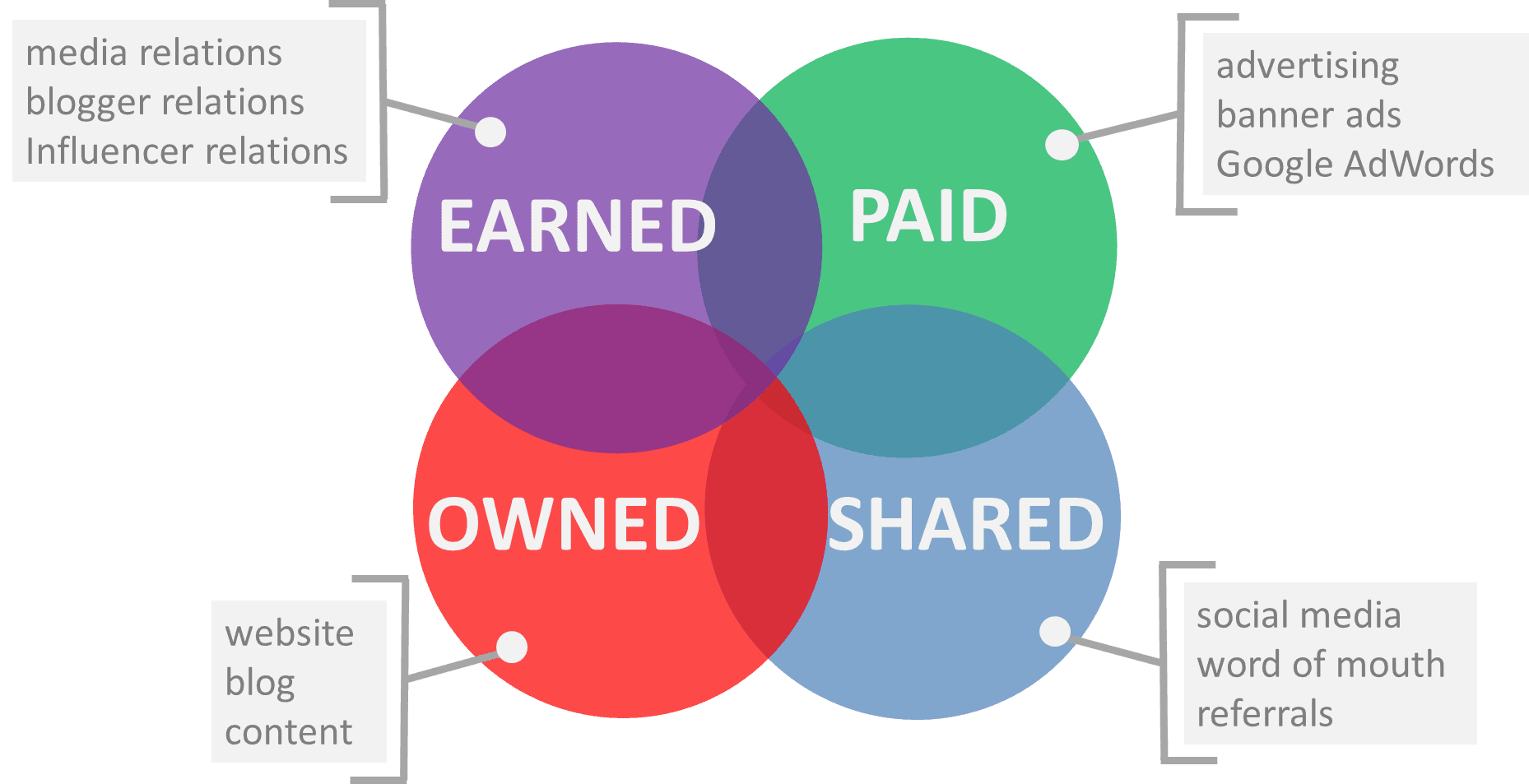Small business SEO is a common challenge. Most business owners aren’t sure where to start. What is involved? How do I choose good target keywords? Can I afford SEO? How long does it take? Do I really need it? What can I realistically expect to get from an SEO campaign? The answers to these questions will affect both your marketing strategy and the future of your business.
Do I Really Need Small Business SEO?
According to MarketLive, online merchants are drawing about 39% of their customers from search engine results. Additionally, while searching, a whopping 75% of users never scroll past the first page. A study by Fleishman-Hillard found that as much as 89% of consumers use search engines to help make purchase decisions.
Faced with those statistics, a small business has little choice but to make SEO a top priority if they hope to compete with the big brands and earn some all-important search engine real estate.
Realistically, choosing to ignore SEO could be likened to opening a business but not putting a sign on it—your odds of getting the right customers in the door are pretty slim.
How Long Does It Take?
In Internet marketing, pay-per-click advertising is the sprint, and SEO is the marathon; you can get a decent PPC campaign up and running in less than 48 hours, but an SEO strategy can take up to 12 months of consistent effort to deliver results, depending on the competitiveness of the market. However, the results of SEO are more long lasting than PPC. When you stop putting money into a PPC campaign, traffic and leads stop immediately.
The weak point in the SEO-as-a-marathon analogy is that a marathon, like any race, has a finish line—SEO does not. A two-year review of twenty B2B websites by Pilot Fish found that companies that discontinued SEO marketing efforts saw a fairly rapid decline in keyword rankings (up to a 30% loss in top-ranked terms) within one year. On the flip side, companies that pursued a consistent organic approach of inbound linking, page optimizations, and creation of fresh, high-value content saw an 18% increase in #1 rankings in Google within one year.
One of the main challenges business owners face in small business SEO is lack of time.
- Applying the Knowledge—An effective SEO campaign requires keyword research, web page optimization, link building, content creation, monitoring results and more. The work required to even make a dent quickly becomes overwhelming
- Keeping Up With Google—Larger businesses may have an in-house specialist whose sole job is to keep up with the rapidly changing search industry by following publications, watching trends, and learning new techniques. In small businesses, however, everybody is already busy juggling multiple tasks, so there is no time to keep up to date with SEO trends.
- Creating Content—Effective SEO requires quality content – loads of it. Meeting the challenge of constantly posting enough fresh, relevant information by way of blogs and other avenues is crucial but time-consuming.
Often, it’s most cost-effective to outsource SEO efforts to a team of experts rather than invest time in learning the basics, applying best practices, and keeping up with industry changes. Pear works with small businesses around the world, and we are committed to helping our customers succeed. Want to see how your current SEO efforts are working? Try our free Internet marketing assessment. Contact us today for help with your small business SEO!
















